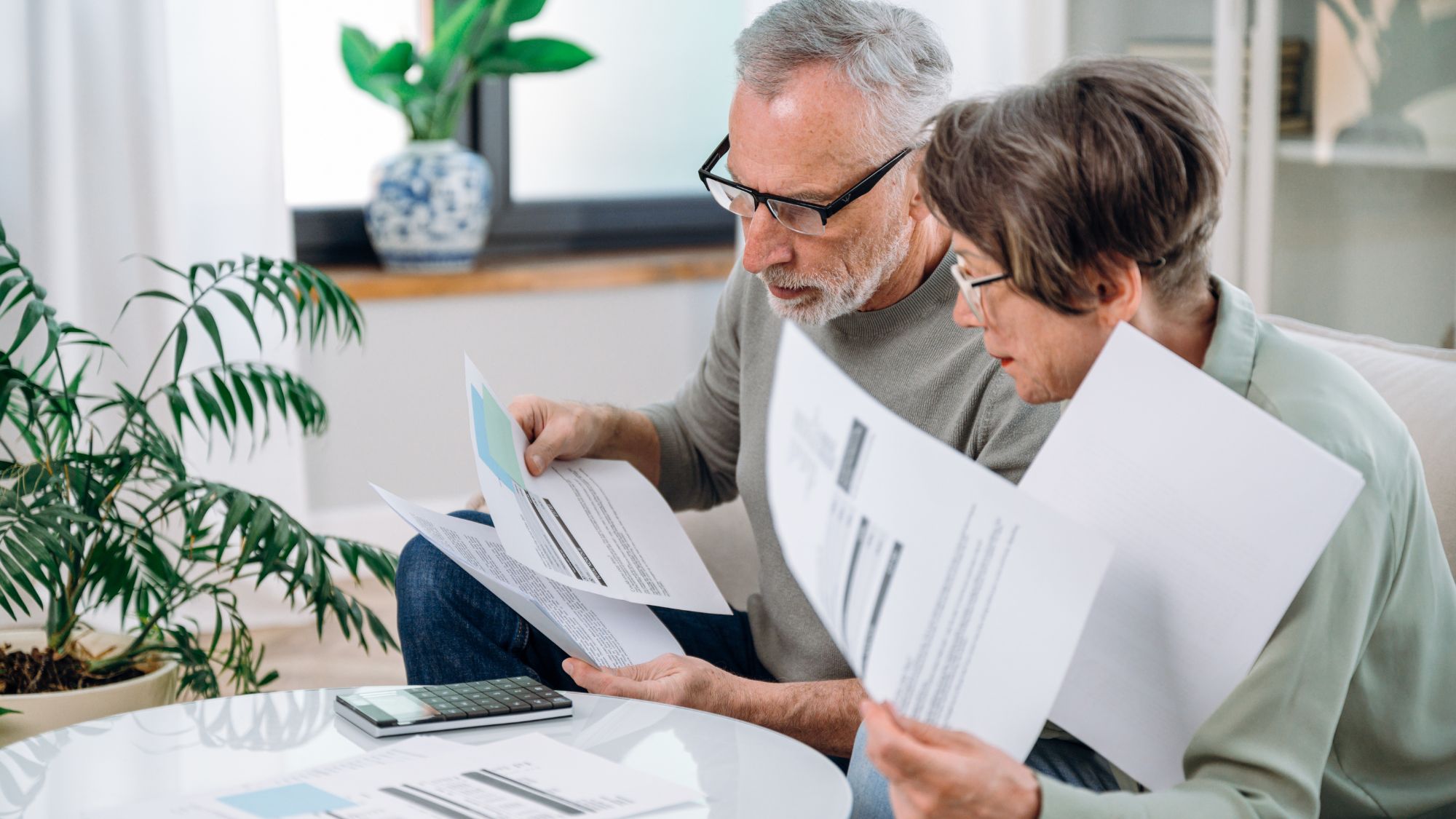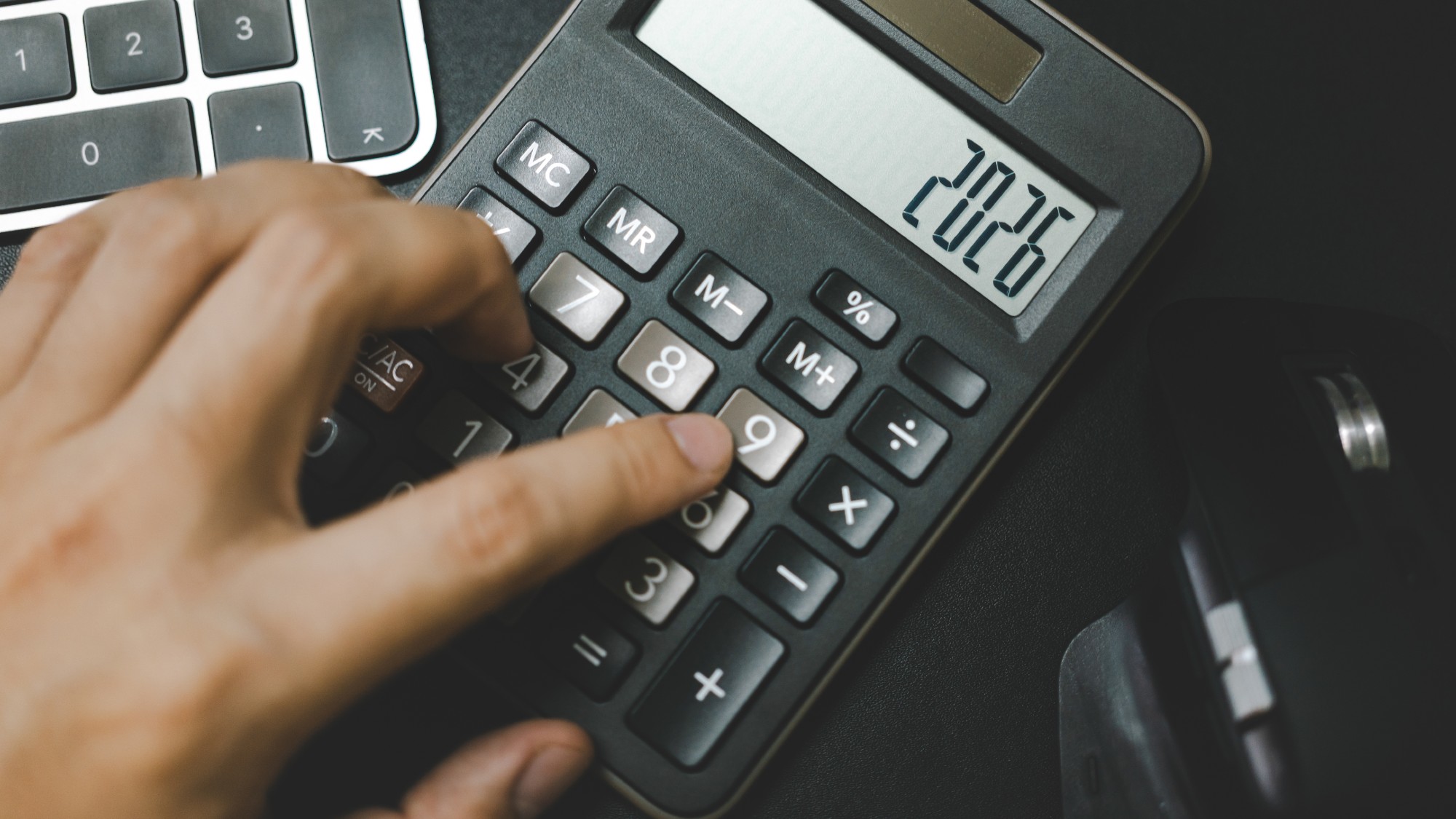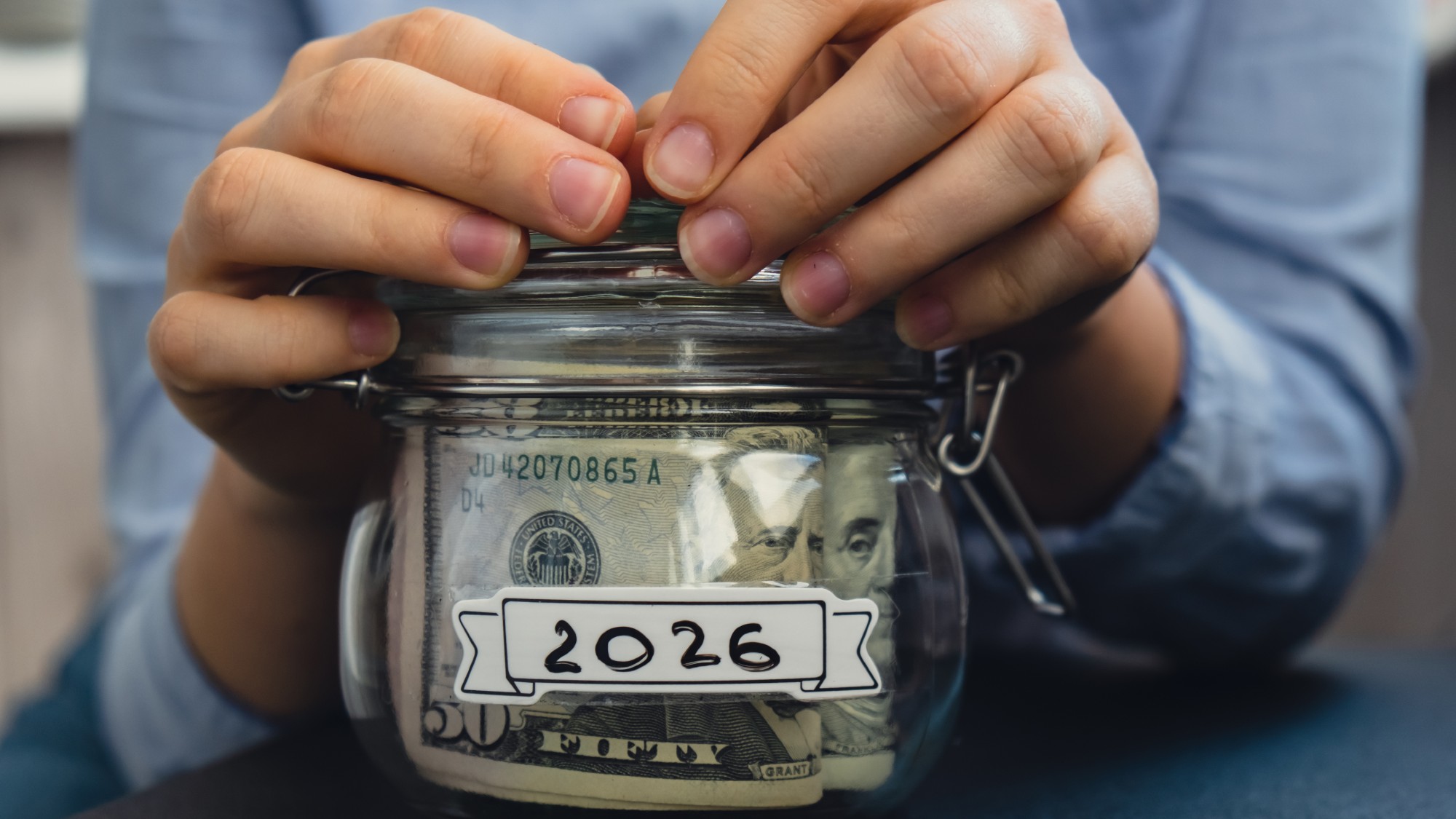What are HMRC's tax rules on savings?
The taxman could be coming for your savings interest

A free daily email with the biggest news stories of the day – and the best features from TheWeek.com
You are now subscribed
Your newsletter sign-up was successful
Your savings account might not be just for a rainy day, but instead to put money away to pay for special occasions such as holidays, or a specific goal like buying a car. It essentially helps separate "the money we need right now and the funds we need later on", said Unbiased, plus you can earn interest and see your funds grow.
The average easy-access savings interest rate is now 2.92%, according to Moneyfacts, but some accounts pay up to 5%.
While the savings market has been "sweetened" over the past year by higher interest rates, said The Times Money Mentor, after more than a decade of "rock-bottom" deals, those with "bigger cash piles" could soon face tax implications.
The Week
Escape your echo chamber. Get the facts behind the news, plus analysis from multiple perspectives.

Sign up for The Week's Free Newsletters
From our morning news briefing to a weekly Good News Newsletter, get the best of The Week delivered directly to your inbox.
From our morning news briefing to a weekly Good News Newsletter, get the best of The Week delivered directly to your inbox.
This is because the interest rates on offer could take savers above the personal savings allowance (PSA).
Tens of thousands of savers could be "caught out" and face fines from HMRC, said the Financial Times, if they don't pay any tax owed.
Savings tax rules
Interest on savings accounts is paid by banks and building societies in recognition of the fact that they "hold (and have use of) your money", said the Low Incomes Tax Reforms Group.
But there may be income tax to pay at your marginal rate to HMRC for the interest earned, depending on your other income and what types of investments you hold.
A free daily email with the biggest news stories of the day – and the best features from TheWeek.com
Most savers can earn "some interest" without paying tax, said Willis Owen, and there are allowances that may reduce "or even eliminate" any tax due.
Personal allowance
The basic personal allowance that all adults can earn before paying tax is currently £12,570 for the 2025/26 tax year.
This can also be used for savings interest, said Which? "if you have not used it up on your wages, pension or other income".
What is the personal savings allowance?
The personal savings allowance (PSA) was launched by then-chancellor George Osborne in April 2016.
It gives basic rate taxpayers a £1,000 allowance that can be earned from cash savings accounts tax-free, dropping to £500 for higher rate taxpayers.
HMRC declared at the time of the PSA introduction that around 85% of savers would no longer pay tax on their savings, said This Is Money, but the PSA "hasn't budged" since and has failed to move in line with the cost of living.
This could put savers in a position they "might not have anticipated in recent years" – paying tax on savings interest.
Starting rate for savings
There is a different savings allowance for lower earners with total income below £17,570, known as the starting rate for savings.
Savers can earn up to £5,000 in savings interest completely tax-free in addition to personal income tax allowance and personal savings allowance.
How to pay savings tax to HMRC
Banks tell HMRC how much interest they have paid you, said The Times Money Mentor, "so the taxman will know how much you have to pay".
The way you pay tax on your savings interest, said Money.co.uk, depends "on how you work". The self-employed have to declare interest earned on savings through their self-assessment tax return.
Things are "slightly different" if you are employed and taxed under PAYE. HMRC will change your tax code "so you pay the tax automatically".
How to avoid paying tax on savings
It may be worth considering a cash ISA, said Rest Less, as you can save up to £20,000 each year and "won't have to pay any tax on your returns". Cash ISA rates have been "pretty poor" in the past, but they are catching up with standard savings accounts, although it is important to note they won't beat inflation.
You could also put more money into your pension, said MoneyWeek. There is the "downside of not being able to access it until later in your life" but you also get tax relief on contributions.
Another option is Premium Bonds, said This Is Money, as "any money won from Premium Bonds prizes is tax-free".
Marc Shoffman is an NCTJ-qualified award-winning freelance journalist, specialising in business, property and personal finance. He has a BA in multimedia journalism from Bournemouth University and a master’s in financial journalism from City University, London. His career began at FT Business trade publication Financial Adviser, during the 2008 banking crash. In 2013, he moved to MailOnline’s personal finance section This is Money, where he covered topics ranging from mortgages and pensions to investments and even a bit of Bitcoin. Since going freelance in 2016, his work has appeared in MoneyWeek, The Times, The Mail on Sunday and on the i news site.
-
 Political cartoons for February 12
Political cartoons for February 12Cartoons Thursday's political cartoons include a Pam Bondi performance, Ghislaine Maxwell on tour, and ICE detention facilities
-
 Arcadia: Tom Stoppard’s ‘masterpiece’ makes a ‘triumphant’ return
Arcadia: Tom Stoppard’s ‘masterpiece’ makes a ‘triumphant’ returnThe Week Recommends Carrie Cracknell’s revival at the Old Vic ‘grips like a thriller’
-
 My Father’s Shadow: a ‘magically nimble’ film
My Father’s Shadow: a ‘magically nimble’ filmThe Week Recommends Akinola Davies Jr’s touching and ‘tender’ tale of two brothers in 1990s Nigeria
-
 How to juggle saving and paying off debt
How to juggle saving and paying off debtthe explainer Putting money aside while also considering what you owe to others can be a tricky balancing act
-
 The pros and cons of tapping your 401(k) for a down payment
The pros and cons of tapping your 401(k) for a down paymentpros and cons Does it make good financial sense to raid your retirement for a home purchase?
-
 Saving for a down payment on a house? Here is how and where to save.
Saving for a down payment on a house? Here is how and where to save.the explainer The first step of the homebuying process can be one of the hardest
-
 Planning a move? Here are the steps to take next.
Planning a move? Here are the steps to take next.the explainer Stay organized and on budget
-
 What should you look out for when buying a house?
What should you look out for when buying a house?The Explainer Avoid a case of buyer’s remorse
-
 What to look for in a reliable budgeting app
What to look for in a reliable budgeting appThe Explainer Choose an app that will earn its place in your financial toolkit
-
 3 smart financial habits to incorporate in 2026
3 smart financial habits to incorporate in 2026the explainer Make your money work for you, instead of the other way around
-
 4 ways to streamline your financial life in 2026
4 ways to streamline your financial life in 2026the explainer Time- and money-saving steps